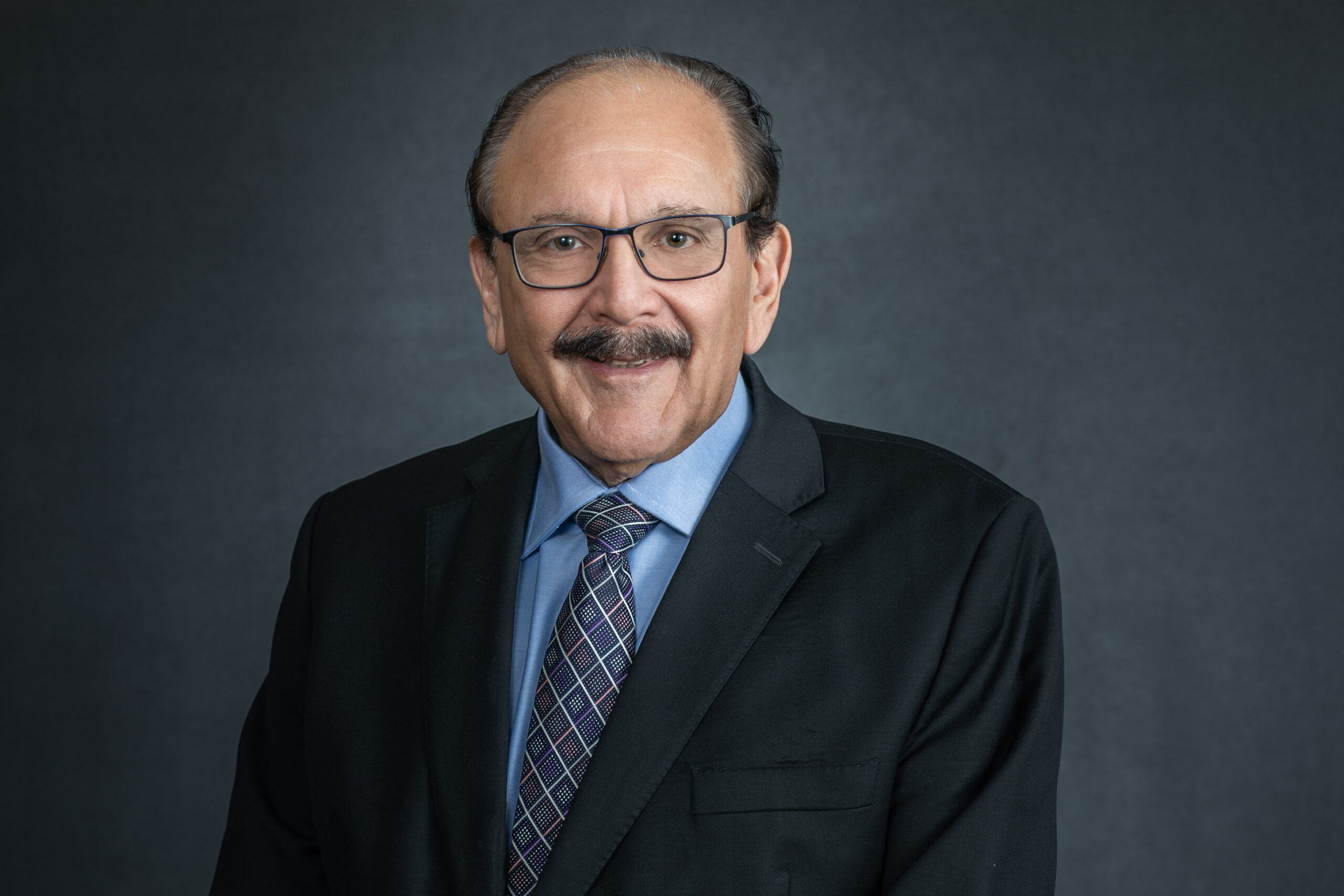
How Estate Planning Will Help You?
Regardless of your age, or how complicated you believe that your family and estate affairs might be, you need to plan for the future events in your lives. If not for you, think of your loved ones you will leave behind. By simply having an estate plan in place you will accomplish the following by working with Wills & Trusts Now!:
- You will have determined which family member or loved ones that you want to receive your property after your death.
- You will have created a plan to be followed by your personal representative to ensure that your property will be transferred to those you selected to receive your property with as few legal hurdles as possible.
- You will have minimized the administrative expenses and taxes that will be required during estate administration to be paid in order for your property to be distributed to others after your death.
- You will have a plan to assist your loved ones to avoid the time and expenses associated with the probate process and expense by incorporating the various estate planning options recommended by Wills & Trusts Now!!.
- You will have the opportunity to prepare your funeral arrangements and to determine how the related expense are to be paid.
- You will be able to discuss with Wills & Trusts Now!! and make arrangements for the long term medical care you may require in the event you are unable to communicate your wishes.
- You will have arranged for your estate to be subject to less legal fees, probate and administrative costs and taxes.
Understanding how the estate planning process works for you is complex and may be an overwhelming challenge. Wills and Trust Now!! will help! We maintain the resources for you to create a comprehensive estate plan and to explain in plain terms what we recommend.
Common Documents Used in Estate Planning
- Last Will and Testament
- Revocable Living Trust
- Irrevocable Trust
- ILIT (Irrevocable Life Insurance Trust)
- Limited Liability Company
- Family LLC / Limited Partnerships
- Living Will
- Advanced Health Care Directive
- Powers of Attorney
- Limited Powers of Attorney
- Durable General Power of Attorney
- Durable Medical Power of Attorney
Durable Powers of Attorney
When it comes to preparing for your life’s final goals and outcomes, Gudeman can help you create a Durable Power of Attorney that ensures that you and your family are safeguarded.
In a Durable Power of Attorney document, you are known as the “principal.” As the principal, you can appoint an “agent,” such as a trusted adult child, relative or friend, to act in your place and handle specific health, legal and financial responsibilities.
Without a DPOA, family and friends will not be legally allowed to make important healthcare decisions or financial decisions such as paying bills or selling the family home. Anyone wanting to help make life-changing decisions and undertake these important tasks on your behalf would have to go through the timely process of going to court and being officially appointed as the guardian.
It is important that families have a DPOA in place for both foreseen and unforeseen circumstances and long before health issues begin interrupting certain aspects of life. For example, if one is not “of sound mind” due to an illness such as dementia, they would be unable to appoint a power of attorney.
As long as the person is competent, the DPOA can be revised or revoked at any time. Furthermore, a DPOA can be written like a trust where the transfer of responsibilities occurs immediately, or the DPOA can state that it will only go into effect when one becomes incapacitated. Until that time, the principal will continue to be independent and make their own decisions.
A Durable Power of Attorney ensures that you have appointed a trusted person to be your advocate to oversee your medical care and financial responsibilities in case you ever become unable to speak for yourself. If you would like to meet with an expert in estate planning, Gudeman will help you create a DPOA that will give you confidence and protect both you and your loved ones.
Family LLCs
Gudeman will help give certainty to you and your family’s future by devising a Family LLC, a useful tool to shield family assets while providing unique opportunities to preserve and grow wealth.
A Limited Liability Company or LLC is a private company where the owners have safeguarded their limited liability while benefiting from a variety of advantages, including pass-through income taxation. A Family Limited Liability Company is owned and operated by family members who benefit from the same credibility and advantages as a regular LLC.
A Family LLC allows family members to divide income among generations and to use their resources to invest in real estate, stocks, certain businesses, securities and more. Because no one family member owns the Family LLC, it provides some asset protection against failed marriages and creditor claims as well as helping to avoid costly federal gift and estate tax.
A Family LLC Operating Agreement is a legal document that establishes the rights and responsibilities of each family member, and it provides details about the LLC’s internal management such as finance operations, organizational structure including titles and responsibilities and how new members are admitted. The agreement defines and restricts rights related to ownership and transfer of assets, and it can also be formed for legal business purposes such as real estate and brokerage account management.
To help maximize short-term and long-term success, Gudeman can help your family create and manage a Family LLC that will give you and future generations confidence and protection.
Healthcare Powers of Attorney
When it comes to preparing for unforeseeable events in life, Gudeman can help you create a Healthcare Power of Attorney that ensures that you and your family are safeguarded beyond just a living will. In a Healthcare Power of Attorney document, you are known as a “principal.” As the principal, you can appoint an “agent,” such as a trusted adult child, relative or friend, to oversee your medical care and make healthcare decisions on your behalf if you are unable to do so. Without a HPOA, family and friends will not be legally allowed to make important healthcare decisions on your behalf if you become temporarily unconscious or unable to communicate.
Because a living will is restricted to the principal becoming terminally ill or being in an end-stage condition, anyone wanting to help make life-changing medical decisions on your behalf would have to go through the timely process of going to court and being officially appointed as the guardian. A Healthcare Power of Attorney ensures that you have appointed a trusted person to be your advocate and oversee your medical care in case you ever become unable to speak for yourself. If you would like to meet with an expert in estate planning, Gudeman will help you create a HPOA that will give you assurance and protect both you and your loved ones.
Limited Power of Attorney
Unlike the sweeping powers granted in a general power of attorney, only specific, limited powers are given to the named attorney-in-fact under a special power of attorney. The special power of attorney is often used to allow the agent to take care of a single transaction or to act during a very limited time period.
Trusts
Gudeman can help you create a Trust that allows you to control your wealth, protect your legacy, minimize estate taxes and achieve any other goals you may have.
Trusts and similar systems have been in existence since Roman times. Simply put, a Trust is a legal agreement between three parties. The individual who creates the Trust agreement is commonly referred to as the grantor, trustor or settlor. The trustee is the person or entity who is responsible for managing the property the grantor transfers into and titles in the name of the trust. The beneficiary or beneficiaries are the people or entities who receive the benefits of the property titled in the name of the trust.
Overall, a Trust Agreement is a document that provides details that you want followed for property held in trust for your beneficiaries, and the general objectives for trusts are to reduce the estate tax liability, to protect property in your estate and to avoid probate court.
Depending on the objective or objectives of the trust, there are several basic types of trusts to choose from such as a Living Trust, Revocable Living Trust, Irrevocable Living Trust, Charitable-lead Trust or a Generation-skipping Trust to name a few.
Special needs that trusts can address
Because the trust document governs the trustee’s actions, you can address a number of special requirements with a trust. For example, you can use a trust to set aside funds for your children’s education after you are gone, or you can delay the distribution of your assets to your loved ones to a date in the future. You may also set up a trust to take care of disabled relatives, or your pets after you are gone, or to benefit certain personal charitable goals.
Gudeman is an estate planning expert, and we have helped thousands of local individuals, families and businesses. To help you achieve your estate planning objectives, we simplify the process and help you create a Trust that meets all of your life’s final goals.
Wills
With the creation of a Will, Gudeman can help you ensure that your loved ones receive the assets, property and family heirlooms you wish to leave them in the event of your death.
It is important to note that “Intestate” is the act of dying without a legal Will, which gives the final decision of the distribution of the deceased’s assets to a probate court. If there are minor children involved, the responsibility of appointing a representative is also left to the court.
Sometimes referred to as a “last will and testament,” a Will is a legally binding document that states your final wishes. It is read by a court after your death, and the court makes sure that your final wishes are carried out.
A Will leaves instructions about what should happen to your belongings and property after you pass away. It can name guardians for minor children and their property, name an executor, decide how debts and taxes will be paid, direct a smooth transition of investments and provide further clarification on a Trust.
There are some complicated situations that go beyond the ability of a Will because it lacks the capacity to have a person responsible for enforcing and managing conditions, unlike a Trust. For example, a Will cannot put conditions on gifts, make arrangements to care for a beneficiary with special needs, provide property to pets or leave instructions for final arrangements. However, if you have a complex circumstance or specific goals, we can help you with that as well.
To ensure that your children, family and friends receive protection and the contents of your estate upon your passing on, it is extremely important to have a Will. Gudeman can assist you with your estate planning and make sure that your Will represents your final wishes and goals.
You can also use a will to:
- Name a personal representative
- Name guardians for your minor children
- Transfer your assets to beneficiaries after your death
- Provide for your pets
- Decide how debts and taxes will be paid.
- Wills do not offer your heirs any protection from federal estate taxes or state inheritance taxes.
- State your intentions but they are subject to a court’s administration of the will and ensures the will is valid and the property gets distributed the way the deceased wanted.
- Disclose on public record your intentions
- Cover any property that is only in your name when you die. It does not cover property held in joint tenancy or in a trust.
If you are a parent of under aged children, making a will is the single most important thing you can do to help assure your children are cared for by the people you would choose to be their guardians if anything should happen to you. Your will can designate a legal guardian to care for your children if you die before they reach their age of majority. It is one of the most difficult tasks for parents. Although difficult, it’s the most important thing you can do to ensure the well-being of your children.
Why Parents MUST Have a Will
If you’re a parent that means you have children, so you need to make sure you have the proper legal documents in place to protect your minor children or children with special needs that will need care after you are gone. We cannot stress it enough how important it is that both parents have a will that designates the legal guardian of each child.
Have you ever thought about what would happen if you and your spouse went out for the night and you were both killed in a horrible accident? Who would care for your children? Who could financially provide for them? Who would make sure they had the proper education? These are all tough questions, but questions that all parents with minor children should ask themselves.
Parents need to sit down and talk with each other and designate the guardianship and guardians of your children. This is the single most important thing you can do for them. You owe it to them.
Living Will
A living will, often called an Advance Health Care Directive, is a document which states your wishes for end-of-life medical care, in the event you are incapacitated and unable to speak yourself.
Your wishes for medical treatment may not be known or honored without valid documents directing your health care. To avoid having your family members be required to go to court, arguing over what’s best for you, to avoid this type of outcome, preparing two basic legal documents are recommended – a Living Will and a Patient Advocate Designation also known as a Durable Medical Power of Attorney.
Michigan does not have a statute authorizing Living Wills. However, it is advisable to create a Living Will. Federal law allows a person to direct his or her own health care — and a Living Will is an important tool for doing just that. A living will provides your loved ones with direction, if they are called upon to make these decisions on your behalf.






